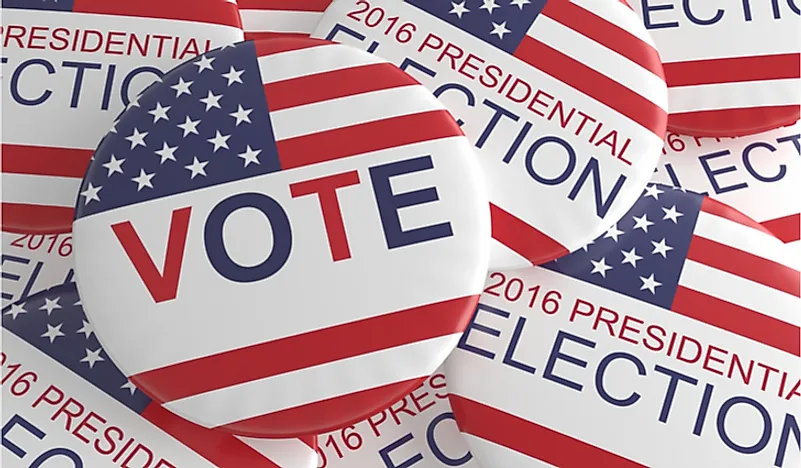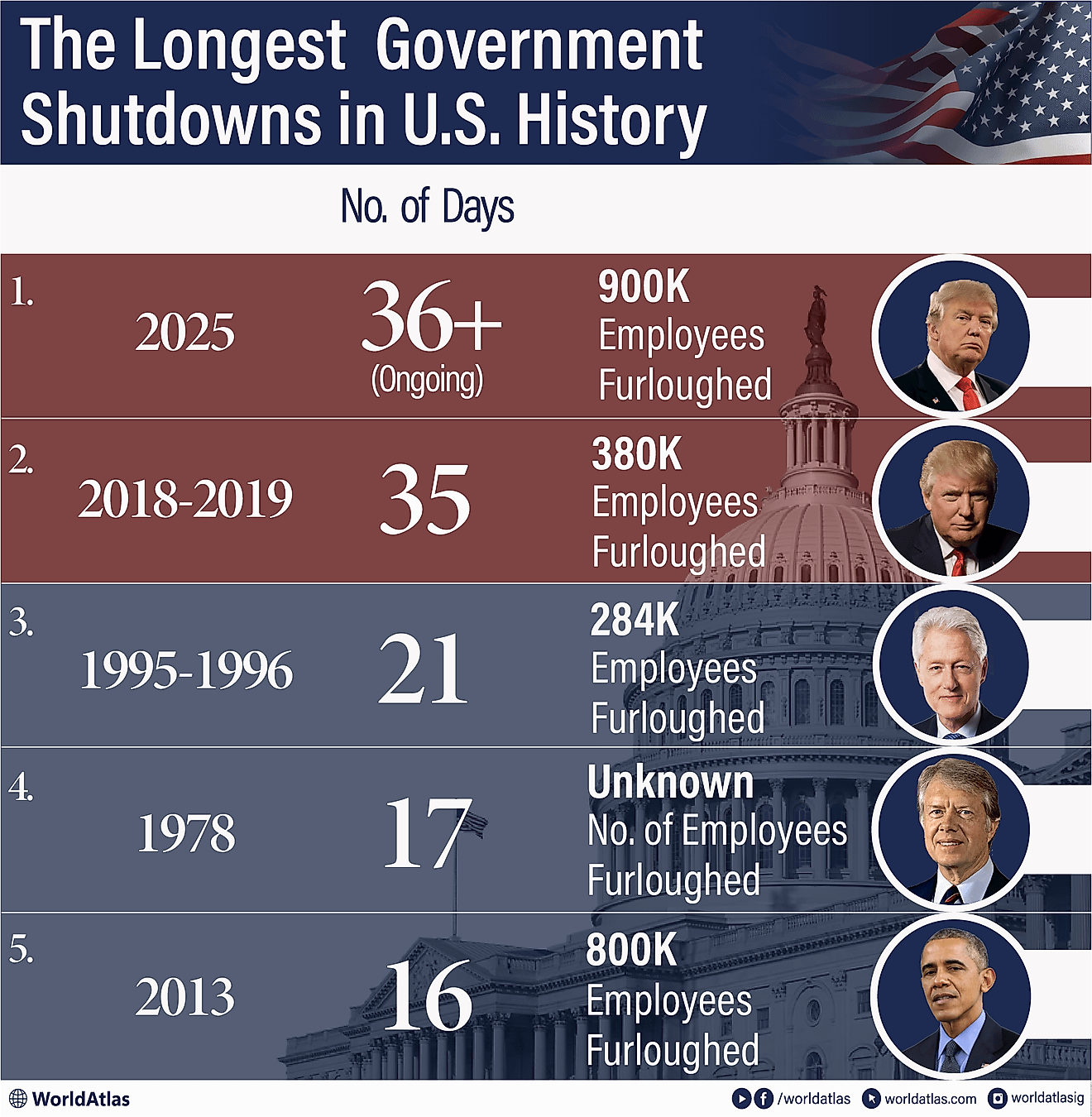U.S. Presidents Who Won Without the Popular Vote

Rutherford B. Hayes, Benjamin Harrison, George W. Bush, and Donald Trump all managed to attain the highest office in the United States of America despite losing the popular vote in the Presidential Elections. The United States of America has a unique system for electing its Presidents. In contrast to what is the case in certain other countries, US citizens are not directly involved in the Presidential election process. Rather, they choose electors, individuals who pledge to vote for individual candidates. This unique system is used to elect both the President and the Vice President.
Each of the 50 states is apportioned a select number of electors, with the number varying depending on the size of the state’s population. The number of electors in a state has always been equal to the number of Congress members it has. Together, all the electors in the country comprise a body known as the United States Electoral College.
The U.S. Presidential Election Process
The President-Elect of the US is the candidate who receives an absolute majority of these votes, and that is at least 270 votes. Though it is rare, sometimes a candidate will win by getting a majority in the Electoral College despite losing the popular vote. This rare event has taken place four times: in 1876, in 1888, in 2000, and in 2016. Before this, in 1824, John Quincy Adams became President despite losing both the popular vote and the Electoral College vote. The loss was because none of the candidates got an absolute majority of the popular vote, which as per the stipulation of the Twelfth Amendment, required that Congress select one out of the top three candidates to become President.
In the event that the Electoral College fails to elect a President, the Twelfth Amendment states that the process will be completed by the House of Representatives, the lower house in the U.S. Congress. In such an event, each state delegation, rather than each representative, will have one vote.
1876: Rutherford B. Hayes
The elections of 1876 were fraught with controversy, because though Samuel J. Tilden had won the popular vote, yet Rutherford B. Hayes received the majority in the Electoral College. On the first count, Tilden had 184 votes while Hayes had 165 and 20 votes were unresolved. The 20 votes were the cause of the uncertainty. They belonged to four states Florida, South Carolina, Florida, and Oregon, with each of the two major political parties, the Democrats and the Republicans, declaring they had won in these states, except Oregon where one of the electors had been declared illegal. Hayes won after the two parties struck an informal deal.
1888: Benjamin Harrison
The 1888 election was a contest between Incumbent President Grover Cleveland, a Democrat, and Benjamin Harrison, a Republican. The main issue during the elections was tariff policy, and Harrison, who sided with the factory workers and industrialists in desiring to maintain high tariffs, lost the popular vote to Cleveland who sided with the consumers, declaring that tariffs should be lowered. President Harrison remained in office from 1889 to 1893.
2000: George W. Bush
The political candidates in the 2000 election were George W. Bush, a Republican, and Al Gore, a Democrat. The main issues of the election were domestic, for instance, tax relief, budget, and reforming federal social insurance programs. Bush lost the popular vote. The election results were among the closest ever in US presidential elections history. The margin of victory in the Florida results led to a mandatory recount of the votes in the state. After litigation in some counties, there were additional recounts, and the issue went to the Supreme Court, with the Court controversially awarding Florida’s votes to George W. Bush, which automatically made him the President-Elect.
2016: Donald Trump
In one of the most controversial elections of all time, Donald Trump was granted the 2016 presidency despite democratic candidate Hillary Clinton winning the popular vote. Hillary Clinton won the popular vote in the 2016 election by 2.1%. Donald Trump has claimed that the votes that cost him the popular vote were cast illegally, but this has such been debunked.











